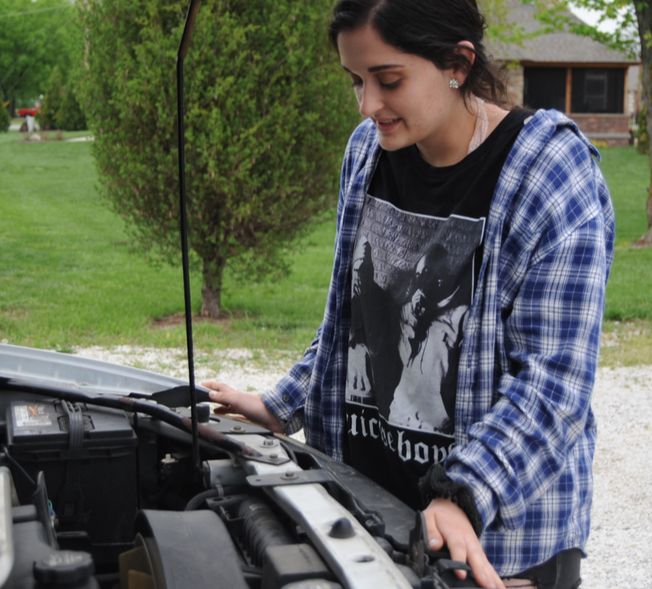Minimum Wage; Ten years later, author’s research still resonates with readers
Across the United States minimum wage is a pressing topic.
The ongoing battle to see wage increase to satisfy a sustainable living is one that is far from over.
As costs of living, gas, food and other daily goods continue to go up, the ability to live without sacrificing other needs starts to seem impossible.
Nickel and Dimed by Barbara Ehrenreich highlights the sacrifice many Americans make every day.
As a successful author herself, she left comfortable life to live completely off minimum wage.
The book details how Ehrenreich works a series of jobs including waitressing, retail and housekeeping during her quest.
Between unfavorable management, difficult hours, burdensome coworkers and the physical toll on her body, Ehrenrich discovered through a short period of time, time what some go through their whole lives.
Though the book was originally published more than 10 years ago, the same principles Ehrenreich discovered still apply in 2019.
Ehrenreich found difficulty in finding affordable living close to her employment, forcing her to commute longer distances, which in turn was a domino effect to other sacrifices needing to be made.
In terms of health, food was from value menus and if sickness happened, tough it out was the cure.
A life like fellow waitresses living out of vehicles and consuming cigarettes to suppress appetite was Ehrenreich’s destiny if she didn’t make her choices carefully.
As of January 2019 the minimum wage in the state of Missouri is $8.60, a .75 cent increase from the previous $7.85 per hour.
Missouri ranks in the lower half for the cost of living, in comparison to the rest of the United States.
With that being said, many including a soon-to-be graduate of Webb City High School, know how the current minimum wage creates a struggle for life and planning for the future.
One student’s perspective
Mason Rickman of Webb City, has been preparing to go out into the “real world” post-high school graduation.
She has worked multiple jobs ranging from food to factory work to pay the bills she has and to prepare for the future.
With her wage being slightly above minimum at $9 per hour, Rickman has found preparing for the future to be hard.
With her current $100 to $150 biweekly pay checks, her car insurance and gas seem to take away her check as soon as she gets it.
Due to her low income she depends on living provided by her mother and help in other areas by her father.
Her current vehicle is in the shop more than it is on the road. On top of her own needs, she makes up for other family members when they lack on their bills to help out her family.
“Sometimes my sister isn’t able to pay her phone bill and to help out my mom, I use the money I have to pay it,” said Rickman.
With all of these factors piling up, Rickman is unable to move out, get a reliable car, or put back savings due to the low wage she receives at her current and past jobs.
Ultimately, she’s found living on minimum wage alone is impossible without a sacrifice of needs.
For Rickman, her basic needs of food, health, and shelter come into battle of importance and what is sustainable for an individual without other forms of income.
Rickman plans to attend Crowder through the A+ Program.
Your donation will support the student journalists of Missouri Southern State University. Your contribution will allow us to purchase equipment and cover our annual website hosting costs.




















